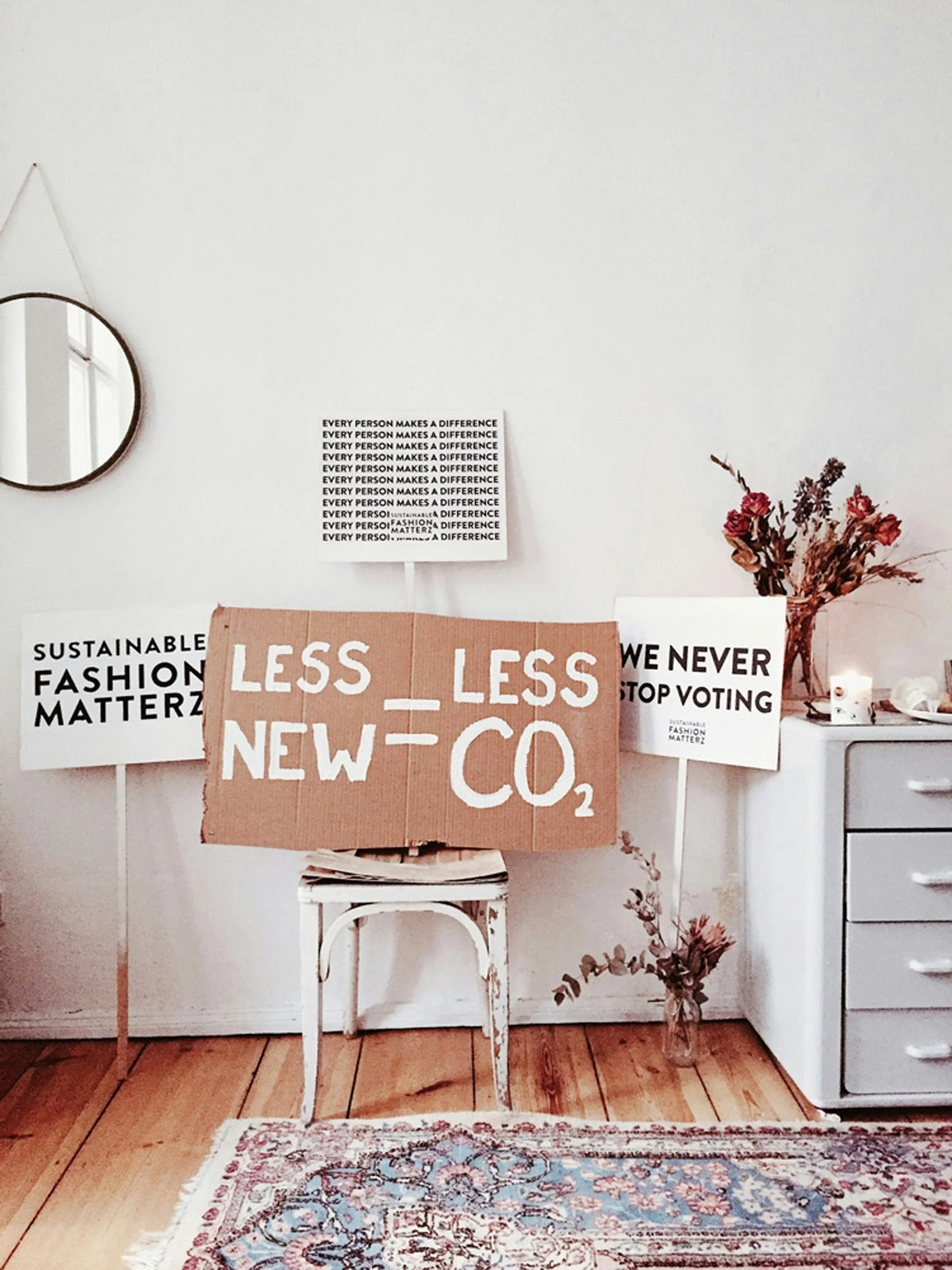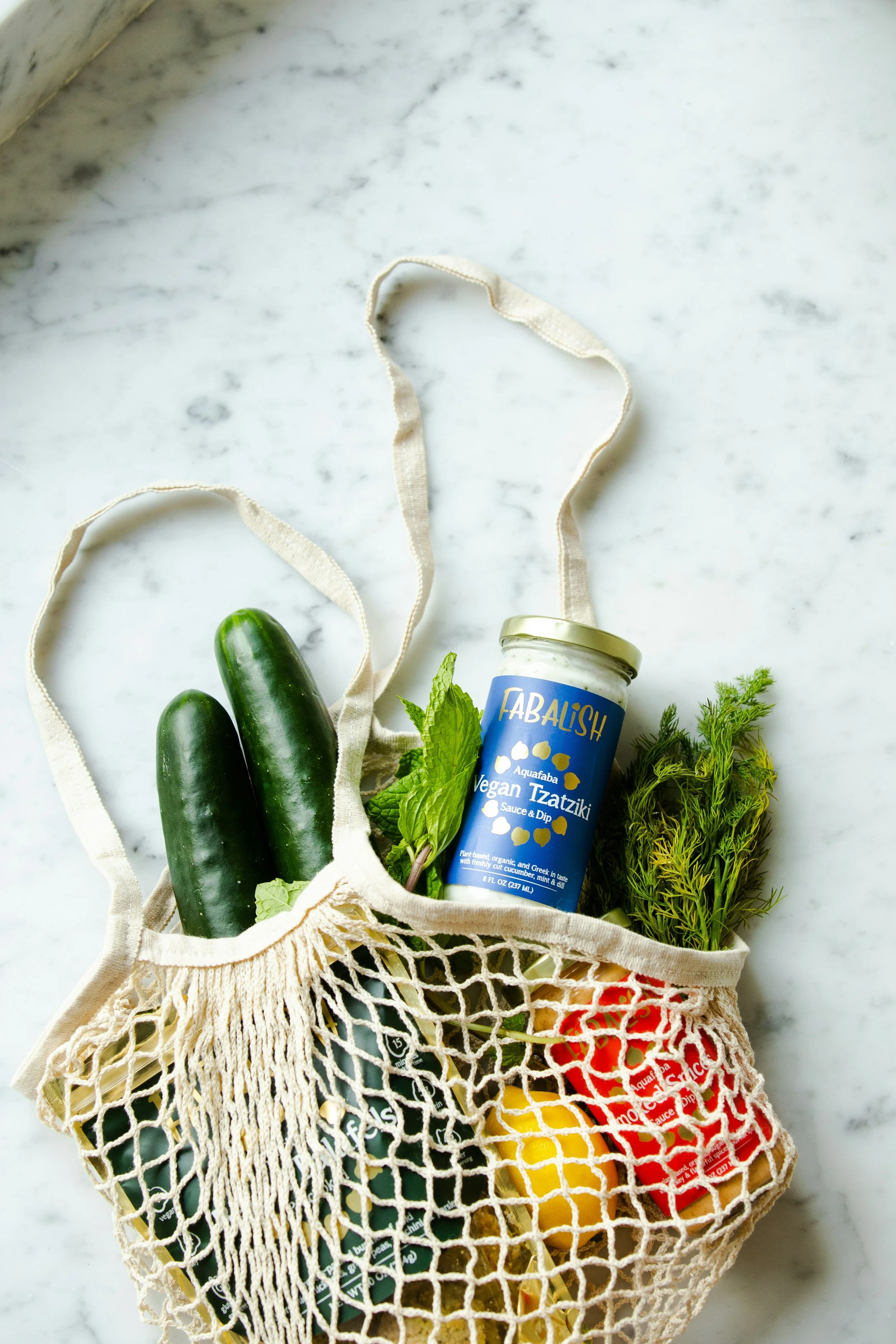Sustainable Swaps For A Greener Future
Making Sustainable Swaps: Small Changes for a Greener Future
In today’s world, the concept of sustainability has become more important than ever. With the increasing awareness of climate change and environmental degradation, we find ourselves looking for ways to reduce our carbon footprint and live a more eco-friendly lifestyle. One simple and effective way to do this is by making sustainable swaps in our everyday lives. As a professional organizer I’m always making small changes to the products we use and the way I consume in my personal life, we can make a big difference in creating a more sustainable future for our planet.
What are sustainable swaps, you might ask? Sustainable swaps are essentially replacements for everyday products that are more environmentally friendly, ethical, and sustainable. These swaps can range from using reusable products instead of disposable ones, choosing products made from renewable resources, supporting ethical and fair-trade brands, to reducing waste and recycling.
One of the most common sustainable swaps that people are making is switching from single-use plastic products to reusable alternatives. We encourage all of our clients to make these swaps. Single-use plastics, such as plastic bags, straws, water bottles, and food containers, are a major contributor to plastic pollution and have a devastating impact on our oceans and wildlife. By investing in reusable alternatives like reusable grocery bags, stainless steel water bottles, silicone food storage bags, and bamboo straws, we can significantly reduce our plastic waste and lessen our impact on the environment.
Food choices also play a significant role in sustainability, and making sustainable swaps in our diet can have a positive impact on the environment. Eating less meat and dairy products, or choosing plant-based alternatives, can help reduce greenhouse gas emissions, water usage, and deforestation associated with animal agriculture. Supporting local and organic farmers, buying seasonal produce, and reducing food waste are also important sustainable swaps that can help promote a more sustainable food system. We have so many farmers markets here in Atlanta. My personal fave being Grant Park farmers market.
In addition to making sustainable swaps in our everyday products and consumption habits, there are many other ways we can incorporate sustainability into our lives. For example, choosing to walk, bike, carpool, or use public transportation instead of driving alone can help reduce our carbon footprint and promote cleaner air. Conserving energy by turning off lights and electronics when not in use, using energy-efficient appliances, and investing in renewable energy sources like solar or wind power can also contribute to a more sustainable lifestyle.
Furthermore, reducing waste and recycling are essential practices for sustainability. By composting organic waste, avoiding single-use items, buying in bulk to reduce packaging waste, and properly recycling materials like paper, glass, metal, and plastic, we can help divert waste from landfills and reduce the strain on our environment.
Making sustainable swaps may seem like a small and insignificant action, but when multiplied by millions of people making similar choices, the collective impact can be powerful and transformative. By consciously choosing products and practices that are better for the planet, we can all play a part in creating a more sustainable future for future generations.
Making sustainable swaps in our everyday lives is a simple yet effective way to contribute to a more sustainable and eco-friendly world.
Stay Sustainable & Kind!
Michelle xoxo
Ideas for staying sustainable locally here in Atlanta:
Compost Now
Ridwell
Grant Park Farmers Market
Live Thrive Charm (recycle the unrecyclable)




